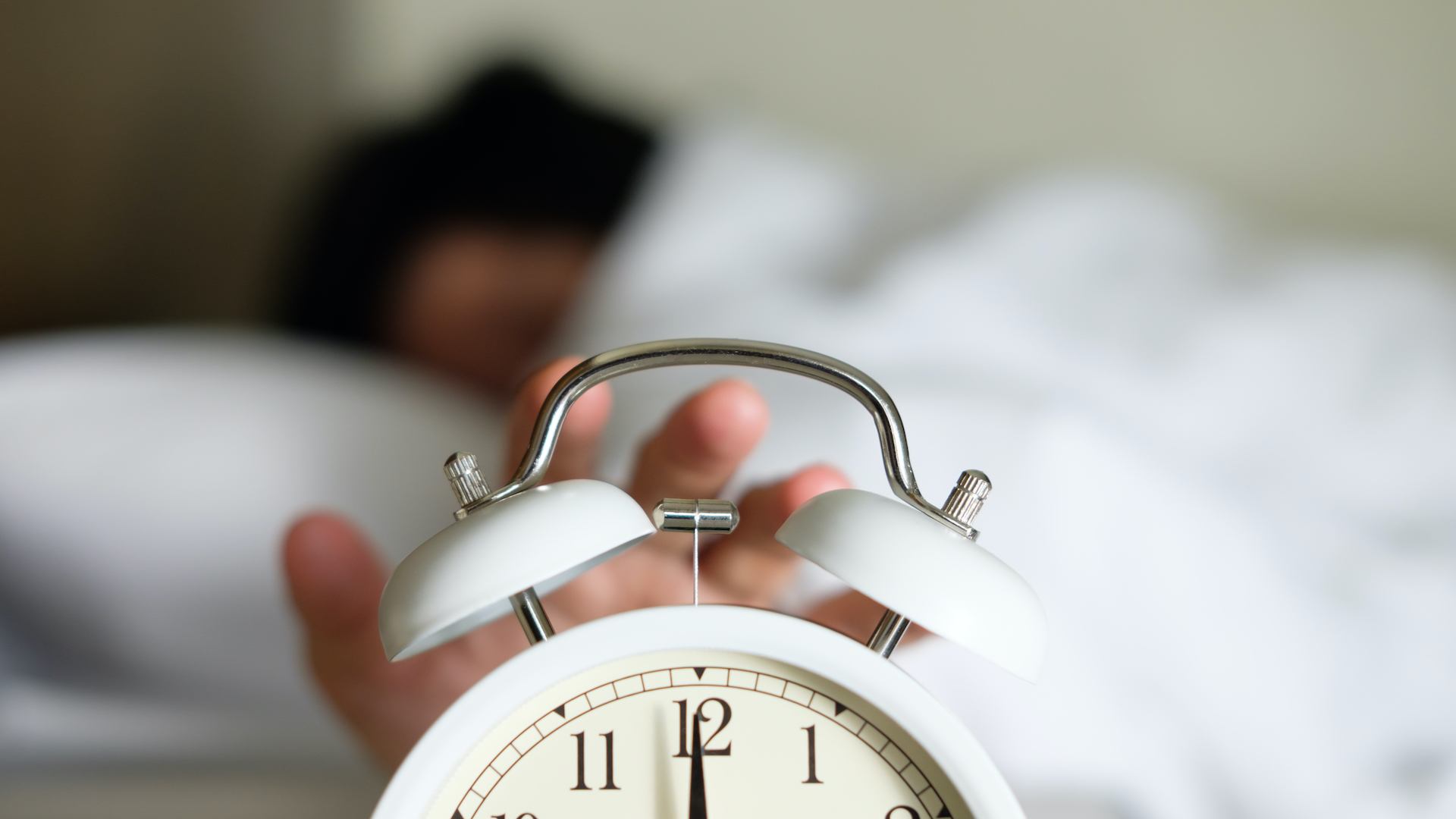The science behind changing the clocks and why it drives us bonkers
Daylight Saving Time is upon us again, but changing the clocks doesn't have to be a stressful process


We hate to break the news, but it's time to change the clocks. (Cue the sighs.)
Daylight Saving Time is creeping up on us, and though it only adjusts our schedule by one hour—one hour!—it's enough to send us into a tailspin. Our perfect sleep environment gets disrupted and we feel out of whack for days. But why is such a seemingly insignificant change so torturous?
If you ask Dr. Richard E. Cytowic, a professor of neurology at George Washington University, it is far from insignificant. The circadian clock in our brain, which follows a 24-hour rhythm that coincides with Earth's rotation, is thrown off. As a result, there's a discrepancy between our biological clock and the social clock. This is an issue, considering the circadian clock in our brain is responsible for keeping our entire body in check.
All in all, whether we gain or lose an hour, we're likely going to feel somewhat affected by the shift for a few days. Don't stress, though—it's totally normal, and there are step to take to ensure that you're not ready to hit the hay at 3pm.
- How many hours sleep do I need? Experts weigh in
- Best sleep trackers: learn about the depth and duration of your sleep
- This is why you should never sleep naked, according to a doctor
Changing the clocks: survival tips
The American Academy of Sleep Medicine notes that there are ways to overcome any feelings of laziness or sluggishness. It'll take a bit of prep, but you'll thank yourself in the long run.
1. Get a full seven hours of sleep
In order to ensure that you're not thrown off kilter too much, the American Academy of Sleep Medicine strongly recommends getting a full seven hours of sleep several days before and after Daylight Saving Time in order to keep your schedule consistent. Sleep smells, including lavender, and the best sleep masks will help make your journey to Neverland as smooth as possible.
2. Adjust your sleep and wake times accordingly
Though it's important to catch those seven hours, your start and end time might be a bit skewed during Daylight Saving Time. If you have to wake up an hour earlier or later, make sure to start two to three days before DST so that you're prepared once the change sets in.
3. Take a nap
Make it a power nap, though. Shutting your eyes 15 to 20 minutes in the afternoon on the Sunday after the change can get you back on track, according to the Mayo Clinic. Just make sure you're not doing this too close to your actual bedtime.
4. Get some sun
The Sunday after DST, it's important to get some natural sunlight, so soak up a bit of Vitamin D while you're en route to brunch.
Best of luck this Daylight Saving Time, friends!

Need a TV show recommendation? Maybe a few decor tips? Danielle, a digital news writer at Future, has you covered. Her work appears throughout the company’s lifestyle brands, including My Imperfect Life, Real Homes, and woman&home. Mainly, her time is spent at My Imperfect Life, where she’s attuned to the latest entertainment trends and dating advice for Gen Z.
Before her time at Future, Danielle was the editor of Time Out New York Kids, where she got to experience the best of the city from the point of view of its littlest residents. Before that, she was a news editor at Elite Daily. Her work has also appeared in Domino, Chowhound, and amNewYork, to name a few.
When Danielle’s not writing, you can find her testing out a new recipe, reading a book (suggestions always welcome), or rearranging the furniture in her apartment…again.